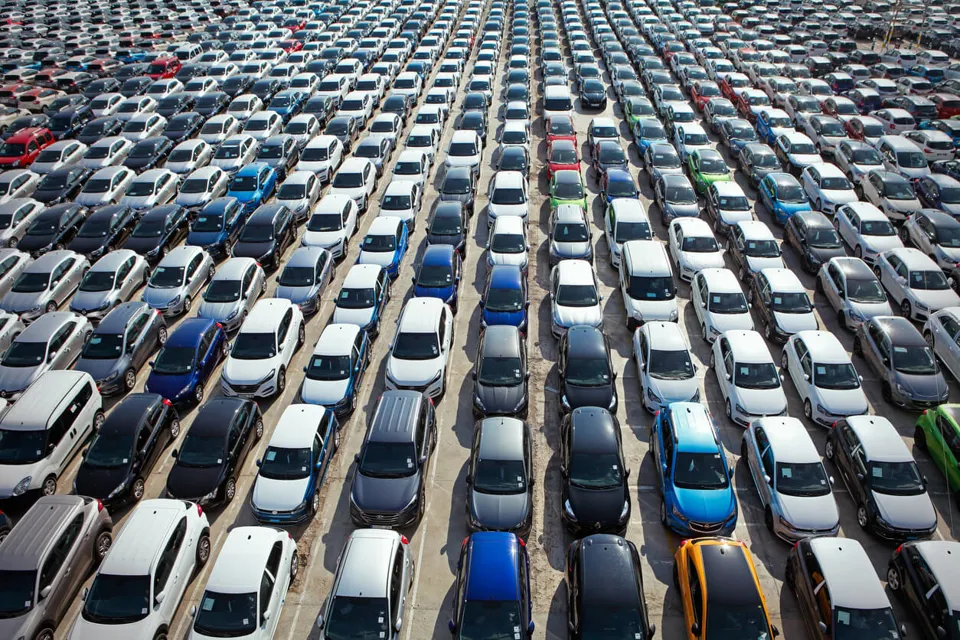Tariffs on new cars and vans may have been avoided, but a lack of detail in the Brexit deal could still lead to disruption in the market, the remarketing industry has warned.
The Vehicle Remarketing Association (VRA) says that several key points surrounding the future of manufacturing and cross-border movement of vehicles remain vague or undefined.
Sam Watkins, chair at the VRA, said: “Let’s be clear on this – any deal is good news because it avoids the kind of tariffs that would’ve been attached to no deal. It is something that should be a huge cause for relief.
“However, the deal that we now have raises as many questions as it answers. It is generally being described as ‘thin’ and that is accurate in that there are several areas where there is very little detail for the motor industry or remarketing.
“We are probably entering into a process now where those points are going to be worked through, but it seems that some will be easier to resolve than others.”
As a result, Watkins expects disruption to car and van supply. “It’s quite difficult to separate the negative effects of the pandemic and Brexit but getting hold of a number of popular new models is almost certainly going to be tricky in 2021,” she said.
“For a motor industry that has finished last year around 30% down in new car sales compared to 2019, this is not good news, and there will be knock-on effects for the used sector that will persist into the medium term.”
Watkins believes that the reduced numbers of vehicles entering the market will mean that getting hold of the used stock will remain difficult. “The situation may even worsen compared to the last few months,” she said.
“However, if 2020 has underlined anything, it is that the used car sector is incredibly flexible and innovative, and that people will continue to want to buy despite substantial practical barriers in their way.”
She continued: “The threat of motor manufacturing in the UK potentially unravelling overnight has been removed, and this should mean that there is no immediate question mark over UK factories and supply chains.
“However, looking ahead, substantial costs have been added in terms of the new customs arrangements, and the regulatory background against which car makers operate is unclear in several important areas.
“Presumably, these will be clarified in the coming months and years but it does perpetuate an effect that has been present ever since the Brexit referendum – that it is difficult to make plans and for investment decisions to be finalised without all of the facts available. There remains a lot of uncertainty.”
Notably, there were special difficulties surrounding the rules of origin arrangements, claims Watkins, that could have implications for EV manufacturing in the UK.






















Login to comment
Comments
No comments have been made yet.